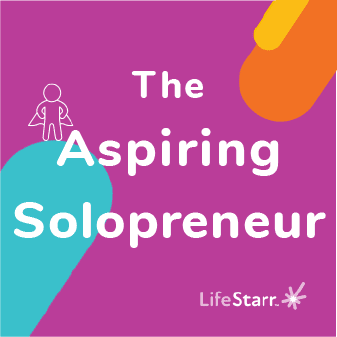Ending the Year Strong: Leadership, Coaching, and the Neuroscience of Team Success
As the year winds down, leaders often find themselves reflecting on what’s been accomplished and what remains to be done. It’s tempting to let the final weeks of the year coast by in the name of holiday festivities and annual Burnout recovery. But this time is also a golden opportunity to recalibrate, reinvigorate, and empower your team to finish strong—not just for the numbers on the year-end report, but for the culture and mindset that will carry you into the new year.
Leadership is more than hitting quotas and checking off KPIs. Great leaders inspire their teams by focusing on people, not just performance. Neuroscience teaches us that humans are hardwired for connection, and this is especially true in the workplace. When employees feel a genuine sense of belonging and purpose, their brains release oxytocin—the “bonding hormone”—which enhances trust, collaboration, and commitment.
As you approach the end of the year, resist the urge to hyperfocus on what hasn’t been achieved. Instead, shift the narrative to shared victories and the lessons learned along the way. Acknowledge both individual and collective contributions. Authentic recognition not only boosts morale but also strengthens the neural pathways associated with motivation and positivity.
Effective coaching is the cornerstone of year-end success. Neuroscience backs this up: the brain craves Clarity and structure, especially in high-pressure situations. When leaders provide clear, actionable feedback, they activate the prefrontal cortex—the part of the brain responsible for planning, decision-making, and goal-setting.
Use one-on-one coaching sessions to ask meaningful questions:
This approach not only gives team members a sense of ownership over their accomplishments but also primes their brains for forward-thinking. By aligning individual goals with the organization’s broader mission, you create a sense of purpose that resonates on a neurological level.
The end of the year often comes with heightened emotions—Stress, excitement, fatigue, and anticipation. Emotional intelligence (EQ) becomes a critical tool for navigating this landscape. Leaders with high EQ can recognize and manage their own emotions while fostering a supportive environment for their team.
Mirror neurons in the brain play a significant role in how emotions spread within a team. When leaders model calmness, optimism, and empathy, these behaviors are reflected and adopted by others. Take the time to listen actively, validate concerns, and offer support where needed. Resilient teams are built on a foundation of psychological safety—a state where individuals feel secure enough to take risks, voice ideas, and learn from mistakes.
Here are a few neuroscience-inspired strategies to wrap up the year on a high note:
As you and your team gear up for a new year, remember that the foundations you lay now will impact future performance. Neuroscience shows that behaviors and habits reinforced consistently over time become hardwired in the brain. By leading with empathy, coaching with clarity, and celebrating shared success, you’re not just closing out a strong year—you’re setting the stage for an even stronger one ahead.
At Braintrust, we’re passionate about helping leaders like you create high-performing, connected teams through neuroscience-driven strategies. If you’re ready to elevate your leadership, empower your team, and drive sustainable growth, we invite you to explore our resources, programs, and insights at braintrustgrowth.com. Let’s make the new year your best one yet!
The post Ending the Year Strong: Leadership, Coaching, and the Neuroscience of Team Success appeared first on Braintrust Growth.
I come from a large Italian family. I’m number seven in the line of ten kids!
When my dad passed away some years ago, I was fortunate enough to be there as the end was coming. I was standing just to the right of his hospital bed; he was lying there with his eyes closed. All of a sudden, Dad opens his eyes. He looks up at the ceiling with a look of peace – and maybe accomplishment – on his face. Then he closes his eyes for the last time. I guess out of instinct, I reached down and kissed him on that prickly cheek one last time. My dad left a legacy in that life well lived! A legacy based on three main principles: Family, Service, and Dedication. I do what I do to carry on that legacy to the best of my ability.
















































BabyBoomer.org is an online membership community created by and for the Baby Boomer Generation. Boomers, and those who service and support them, are welcome to join our community accessing all general topics.
Notifications
